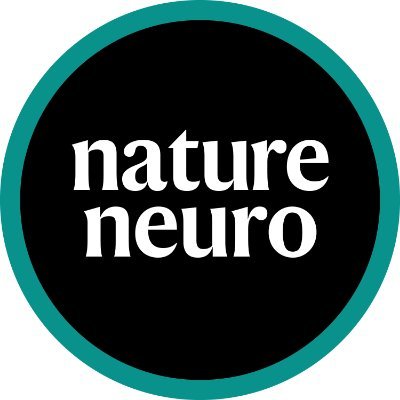
Thomas Miconi
@ThomasMiconi
Followers
2K
Following
5K
Media
258
Statuses
3K
Neural networks, computational neuroscience, evolutionary computation, artificial life.
SF Bay Area
Joined September 2015
RT @pyoudeyer: New paper in the Alife journal !. Flow-Lenia: Emergent Evolutionary Dynamics in Mass Conservative Continuous Cellular Automa….
0
3
0
What are good examples of meta-training *plastic* neural networks (either optimizing plasticity rules or network structure) to address neurosci questions?. Things like @basile_cfx & @TPVogels' rule search, Tyulmankov et al Neuron 2021, my stuff on transitive inference -what else?.
0
0
1
See @BlackHC 's excellent thread for details:.
I'm late to review the "Illusion of Thinking" paper, so let me collect some of the best threads by and critical takes by @scaling01 in one place and sprinkle some of my own thoughts in as well. The paper is rather critical of reasoning LLMs (LRMs):.
0
0
1
Alternative headline: "DeepMind automates Graduate Student Descent".
Introducing AlphaEvolve: a Gemini-powered coding agent for algorithm discovery. It’s able to:. 🔘 Design faster matrix multiplication algorithms.🔘 Find new solutions to open math problems.🔘 Make data centers, chip design and AI training more efficient across @Google. 🧵
1
0
4
That's the goal of the DeepSeek/Absolute Zero papers:. In domains for which you have a ground-truth verifier (like coding), you can basically generate infinite amounts of RL training data.
RL people, where is data for these huge numbers of rollouts coming from? The only thing that makes sense to me (without millions of users’ data) is API/web agents.
0
0
2
@cu_neurotheory This paper is now out in @NatureNeuro :.
Fully neural mechanisms for structured generalization and rapid learning identified using a meta-learning (“learning-to-learn”) approach to model relational learning (e.g. if A > B and B > C, then A > C). @ThomasMiconi and Kenneth Kay.
0
0
3
It's quite striking because other groups (@jcrwhittington, Fiete lab) are converging on models that actually *start* from grid cells. Grid cells anchored by place cells form "navigable scaffolds" on which memories can be mapped and explored internally.
2
0
1












